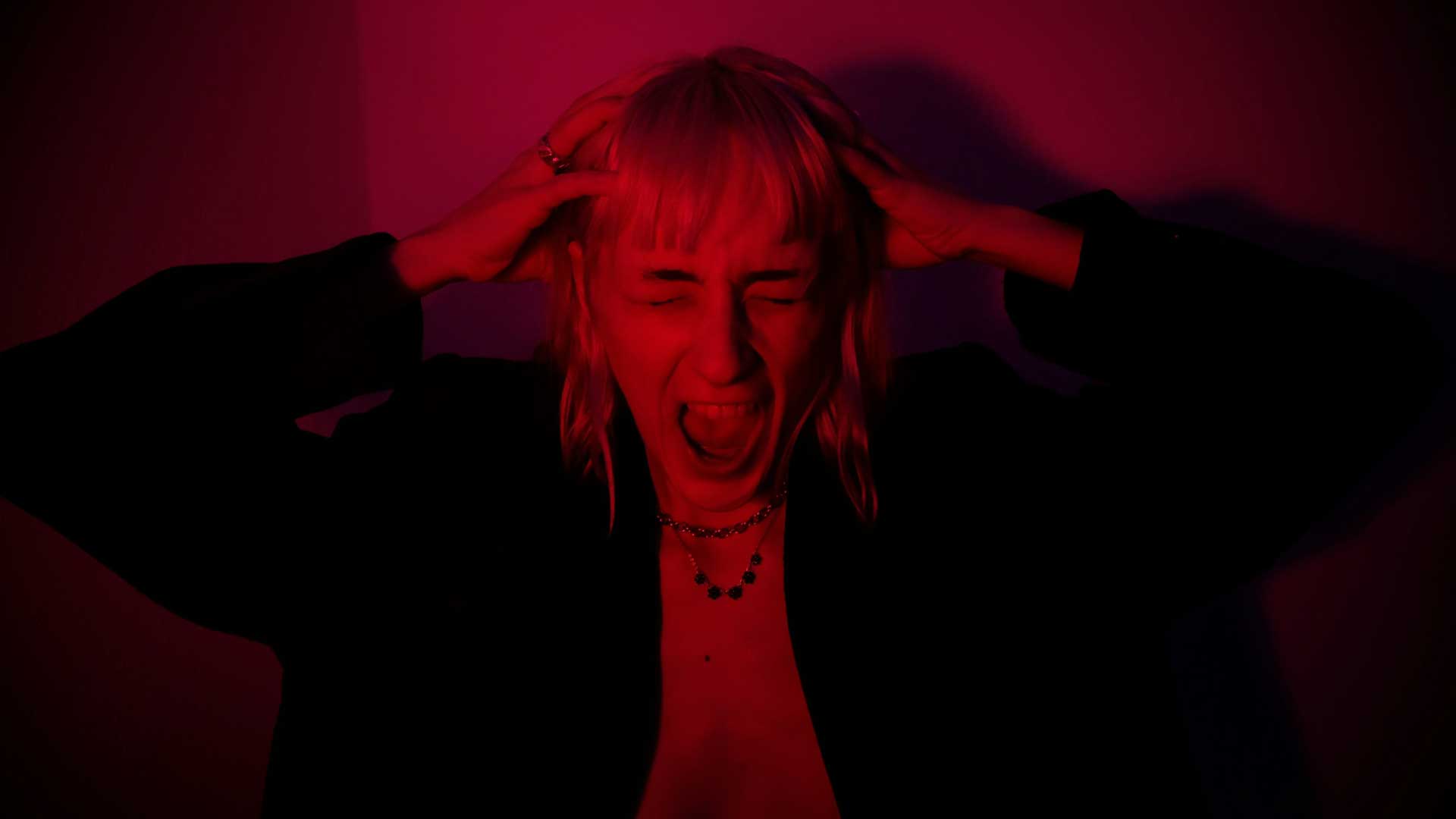Panic Attack Help: Complete Guide to Treatment
Struggling with panic attacks? Find out how to manage them with expert-recommended treatments, from therapy and medications to natural solutions.

Marzieh Ahankoob Nejad
Clinical counselor
Panic attack is a common anxiety disorder that can cause intense panic and fear in individuals. It is often accompanied by symptoms such as rapid breathing, heart palpitations, cold sweats, trembling, and even feelings of unreality. This condition can significantly impact a person’s daily life and disrupt their daily activities.

Effective drugs in the treatment of panic attack
Treatment for panic disorder typically involves a combination of medication and psychotherapy. Some effective medications for treating panic disorder include the following categories:
Anti-anxiety medications:
Such as benzodiazepines, which provide relief from panic and alleviate the physical symptoms associated with panic attacks.
Antidepressants:
Typically, medications in this category, such as selective serotonin reuptake inhibitors (SSRIs), are the first choice for treating panic disorder. They may take some time to be effective but generally provide relief from symptoms and reduce the frequency of panic attacks.
Beta-blockers:
These medications act on the nervous system and can reduce heart palpitations and cardiac irregularities commonly experienced during panic attacks.
Antipsychotics:
In some cases, medications like antipsychotics may be useful for managing symptoms of panic disorder and accompanying symptoms such as hallucinations.
It’s important for individuals with panic disorder to consult with their healthcare provider to determine the best treatment approach for their situation.

Comprehensive strategies for treating panic attack
Comprehensive strategies for treating panic attacks typically include a combination of the following approaches:
Cognitive-Behavioral Therapy (CBT):
This therapy helps individuals identify and challenge irrational thoughts and beliefs that contribute to panic attacks. It also teaches coping mechanisms and relaxation techniques to manage symptoms.
Medication:
As mentioned earlier, medications such as antidepressants, anti-anxiety medications, beta-blockers, or antipsychotics may be prescribed to alleviate symptoms and prevent panic attacks.
Lifestyle Changes:
Adopting a healthy lifestyle can play a significant role in managing panic attacks. This may include regular exercise, sufficient sleep, avoiding stimulants like caffeine and nicotine, and practicing stress-reduction techniques such as mindfulness and deep breathing exercises.
Stress Management:
Learning effective stress management techniques, such as time management, setting boundaries, and seeking social support, can help reduce overall stress levels and decrease the likelihood of panic attacks.
Education and Support:
Educating oneself about panic disorder and seeking support from friends, family, or support groups can provide valuable resources and encouragement throughout the treatment process.
Combining these strategies in a personalized treatment plan tailored to the individual’s needs can be highly effective in managing panic attacks and improving overall quality of life.

Treating panic attack with herbal remedies
Treatment of panic attacks with herbal remedies is one of the common and notable methods. Some herbal remedies that may be helpful in reducing symptoms of panic attacks include:
Lavender:
This herb is known for its calming properties and may help alleviate anxiety and stress.
Rosemary:
Some research suggests that rosemary extract may be effective in reducing symptoms of anxiety.
Chamomile:
Chamomile is also used for managing anxiety and panic attacks.
Valerian and Passionflower:
These two herbs may also help reduce symptoms of anxiety.
It’s important to consult with a healthcare professional or herbalist before using any herbal remedies or supplements, especially if you are taking other medications or have specific health concerns.
Treating Panic attack in Sleep
Treating panic disorder in sleep can be achieved through various techniques, including:
Relaxation Techniques:
Relaxation techniques such as deep breathing exercises, meditation practices, and mindfulness can help transition from wakefulness to a calm and relaxed state.
Sleep Behavior Changes:
Altering sleep habits such as bedtime routines, optimizing sleep environment, and establishing regular sleep schedules can assist in experiencing peaceful and uninterrupted sleep.
Maintaining General Health:
Maintaining overall health through regular physical activity, healthy nutrition, and reducing stimulant consumption can facilitate improved sleep quality and reduced panic during sleep.
Professional Counseling:
If sleep-related panic disorder issues are significantly severe, seeking professional counseling from a sleep specialist or psychologist may be helpful in addressing and providing more effective treatment approaches.
Finding Freedom from Anorexia: A Compassionate Guide to Treatment
Finding Freedom from Anorexia:A Compassionate Guide to Treatment Anorexia is...
Read MoreHow to Treat Bulimia: Therapy, Medication & Recovery Tips
How to Treat Bulimia:Therapy, Medication & Recovery Tips Looking for...
Read MoreHow to Overcome Fear: Proven Treatment Options That Work
How to Overcome Fear: Proven Treatment Options That Work Explore...
Read More


